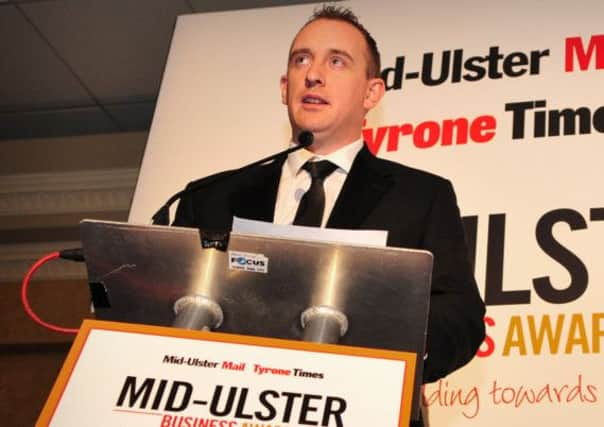Mid Ulster Council voice anger over funding crisis


An eight-strong, cross-party delegation met with Environment Minister Mark H Durkan on Monday (12 January) to express ‘disappointment, concern and anger’ at the potential negative impact of reform on Council finances and to lobby for direct assistance to address funding gaps.
In a wide-ranging discussion, the Mid Ulster Councillors highlighted the substantial upfront costs associated with reform, the inadequate budget transferring to maintain car-parks, the need for government departments to continue their input at no cost as statutory consultees in the planning process and the importance of departments being named as statutory partners for community planning.
Advertisement
Hide AdAdvertisement
Hide AdIn response, Minister Durkan undertook to re-examine funding for elements of the reform process, particularly those associated with the transfer of planning.
Welcoming the Minister’s agreement to take action, Councillor Cáthal Mallaghan, Presiding Councillor (Chair) of Mid Ulster District Council, who lead the delegation, said:
“While we in Mid Ulster welcome the opportunities presented by reform to create stronger local councils, we made it clear to the Minister that councils, and their ratepayers, are not receiving the necessary support from central government.
“Functions transferring, including planning and off-street car parking, are not coming to us on a rates-neutral basis as promised and, local people should not have to foot the bill for services which are transferring without the proper budgets attached.
Advertisement
Hide AdAdvertisement
Hide Ad“I am pleased that the Minister has agreed to consider how these funding pressures can be alleviated”.
Councillor Mallaghan explained that financial issues were being compounded by NI Executive proposals to reduce two grants. The Rates Support grant, which provides essential funding to compensate those councils with a poorer rates base than their counterparts, faces cuts. Similarly the De-rating grant, which compensates councils for loss of rates income as a result of the statutory de-rating of certain property, could be reduced.
“Mid Ulster District Council will lose out if there are reductions to either the rates support or the de-rating grant, a position we find untenable when we are already having to fund the significant upfront costs of converging 3 councils. Our priority is to minimise any burden on our ratepayers as a consequence of reform and this position was expressed in the strongest terms to the Minister”.
The delegation consisted of Councillor Cáthal Mallaghan, Councillor Kim Ashton, Councillor Walter Cuddy, Councillor Ronan McGinley, Councillor Derek McKinney, Councillor Martin Kearney, Councillor James Shiels and Councillor Tony Quinn.